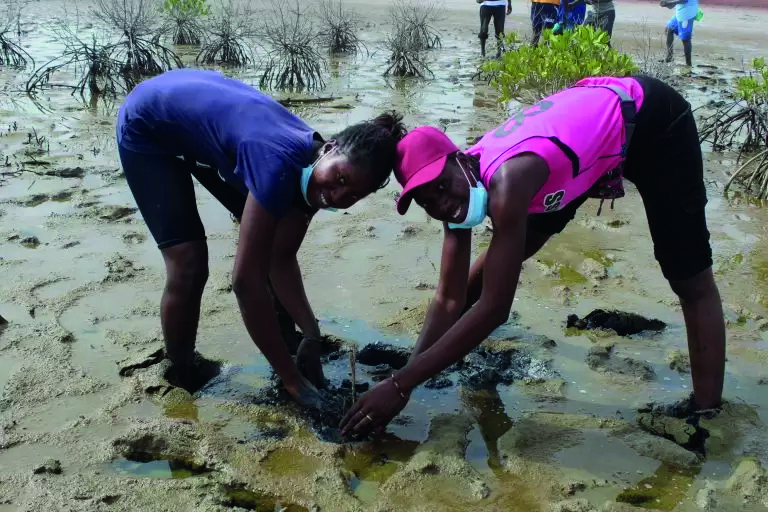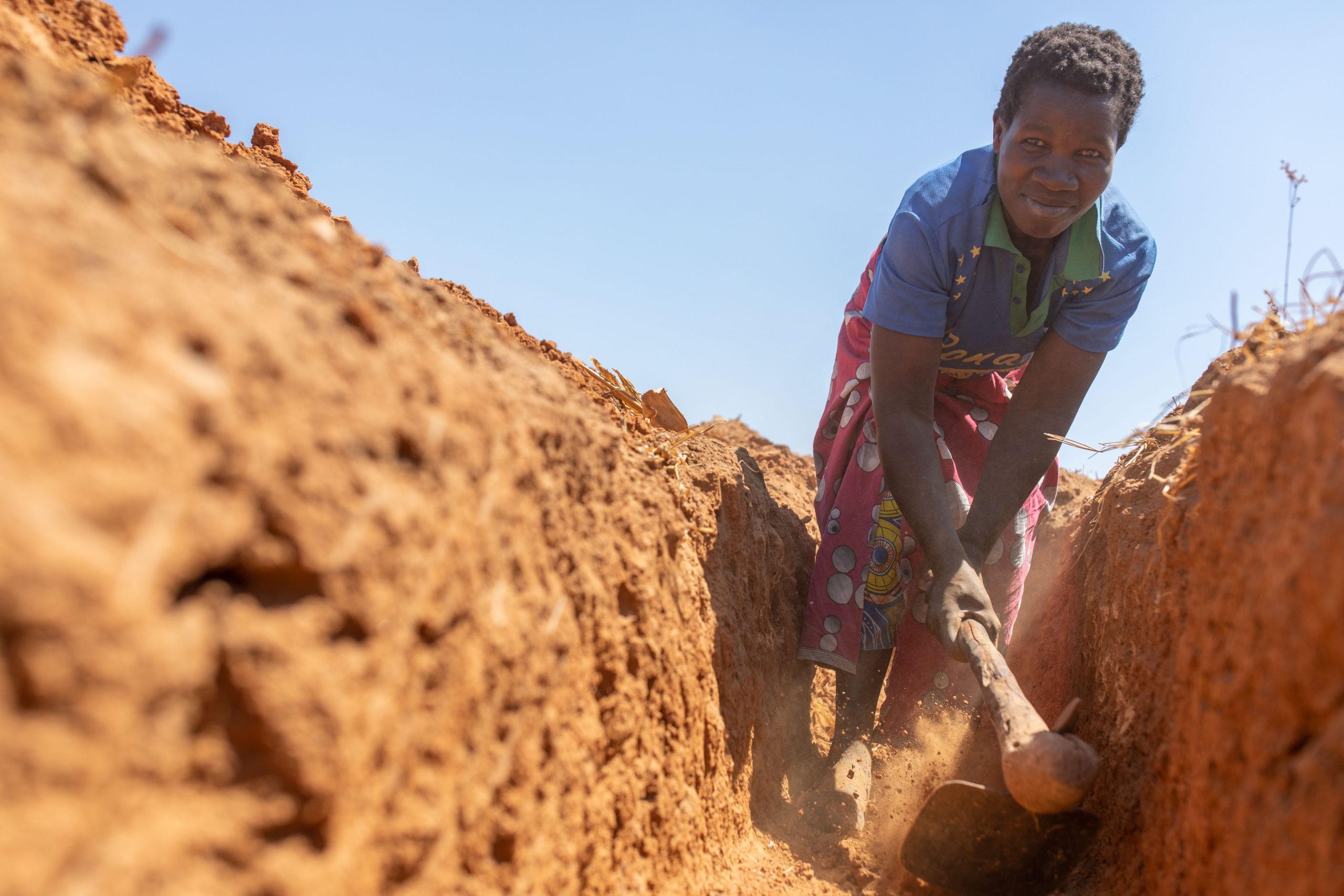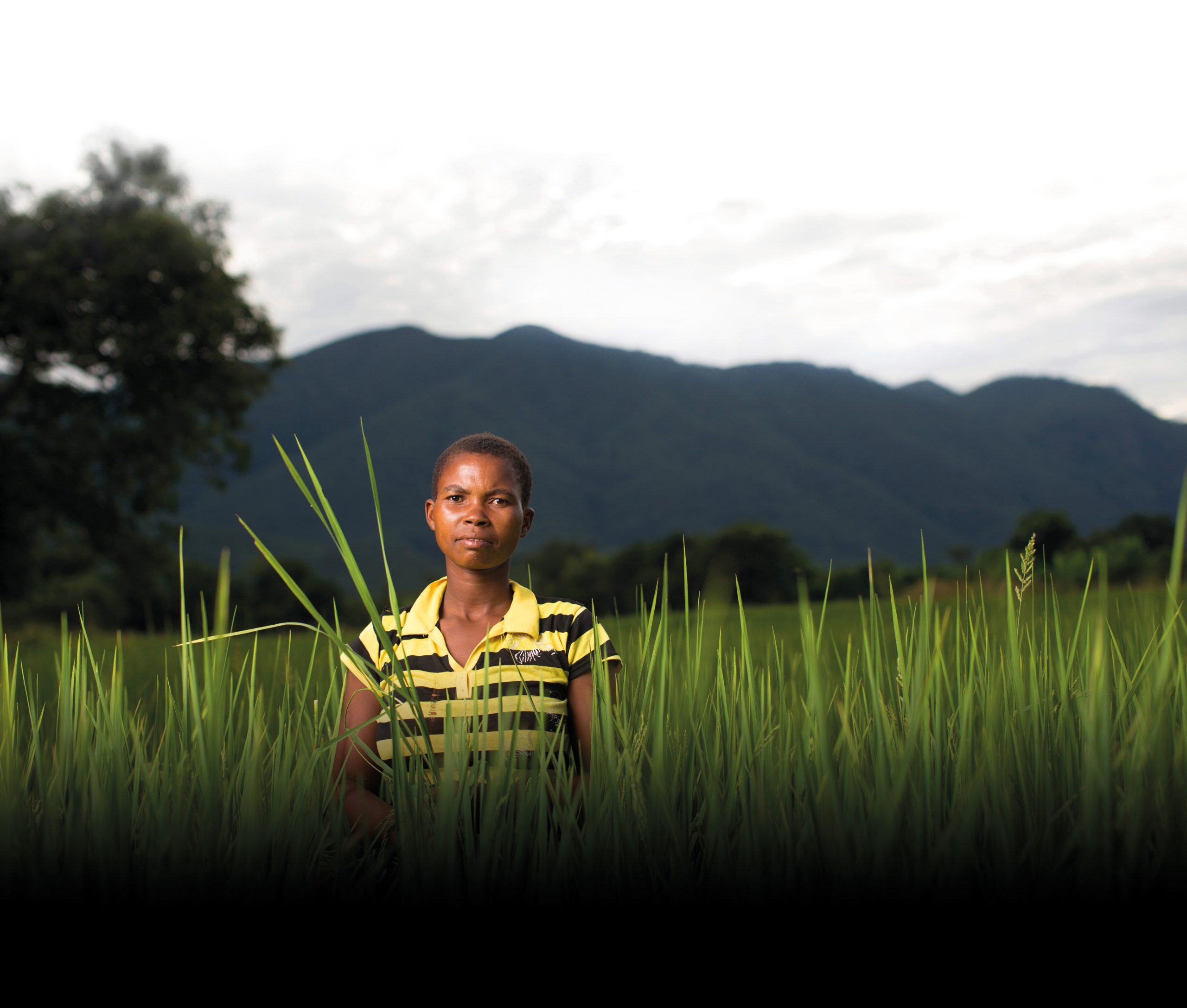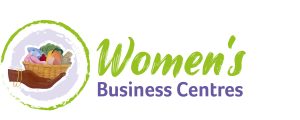integration in malawi

The integration of Self Help Africa and United Purpose brought the two organisations together on an operational level in just one programme country – Malawi – where both NGOs had large and long- established activities.
Reviving African Cotton
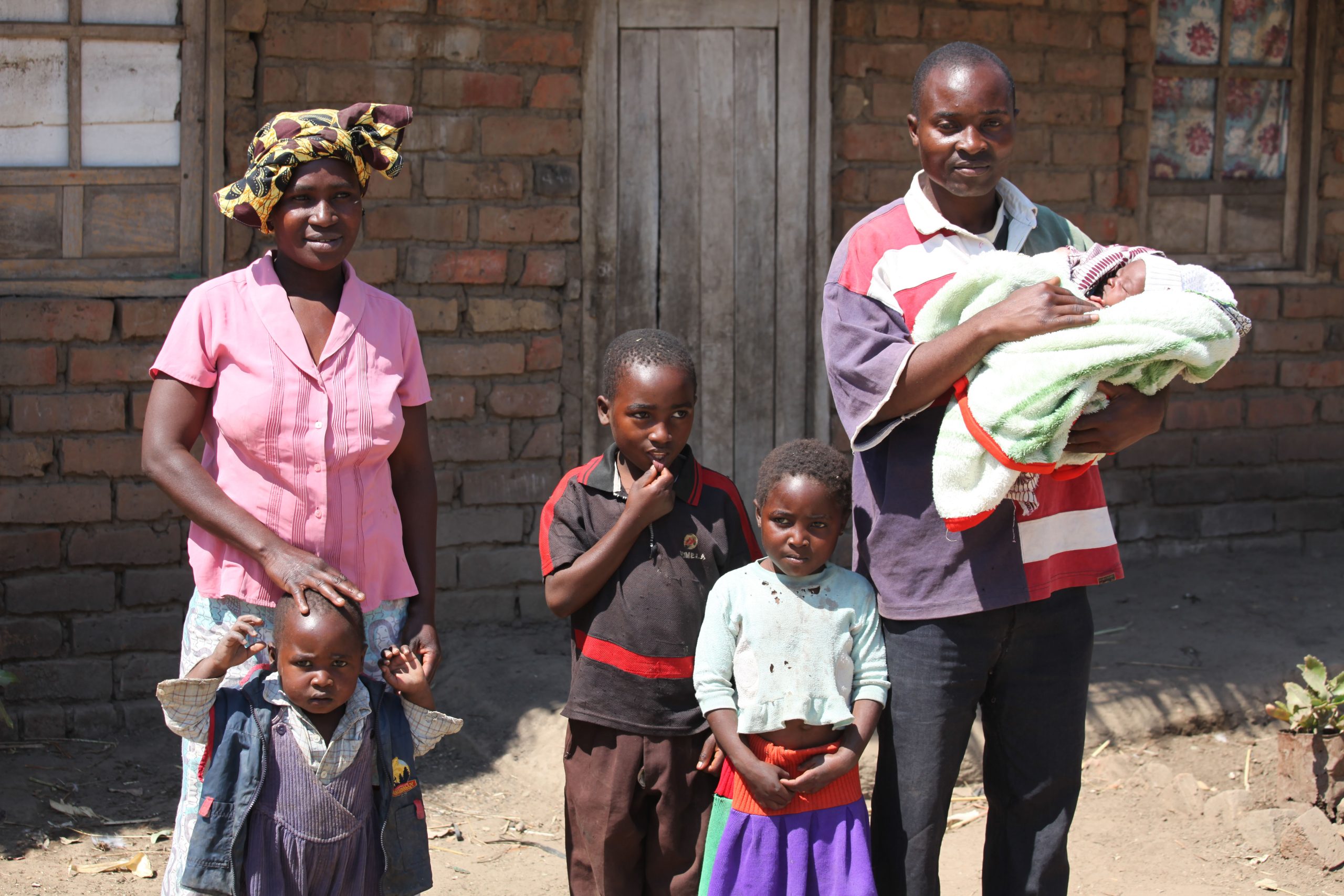
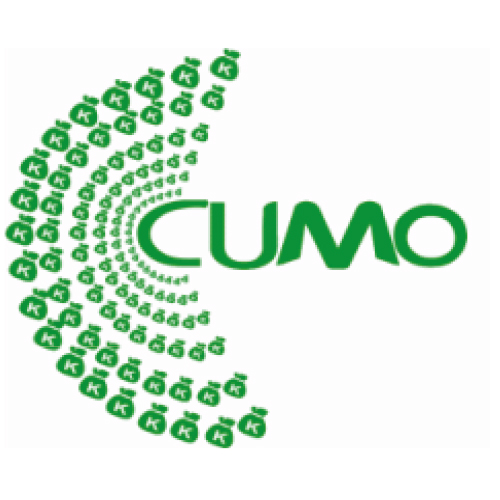
CUMO Microfinance
is a not-for-profit rural
microfinance company
providing financial services
and entrepreneurship
mentoring to over 84,000
clients in Malawi.
As a part of the operations of United Purpose in the southern African country, CUMO joined our organisation as part of the merger with UP, in 2021.
Borrowers and savers with CUMO are organised into more than 5,000 locally based groups, and 82% of the bank’s clients are women – underscoring the huge social value of providing rural women with access to savings and loans, primarily to support income generating enterprise.
Established just over 20 years ago, CUMO Microfinance principally services the un-banked – those in remote rural areas that currently cannot access formal financial services. The organisation’s focus is on enhancing the productivity, income and self-reliance of its members by providing loans, mentoring and financial literacy to members across 13 of Malawi’s districts.
In more recent years, CUMO has promoted self-employment opportunities in rural communities through the provision of an integrated set of financial, microfinance, vocational, and market linkage services to its members. These are all designed to enable rural poor villagers to start and grow on and off-farm small businesses as a means of generating income.
CUMO Microfinance, which is designed as a low-cost, revenue generating and self-sustaining social enterprise business has more than 100 staff in Malawi. Current on-time repayment rates of its borrowers averages more than 90%.
Our new wash approach
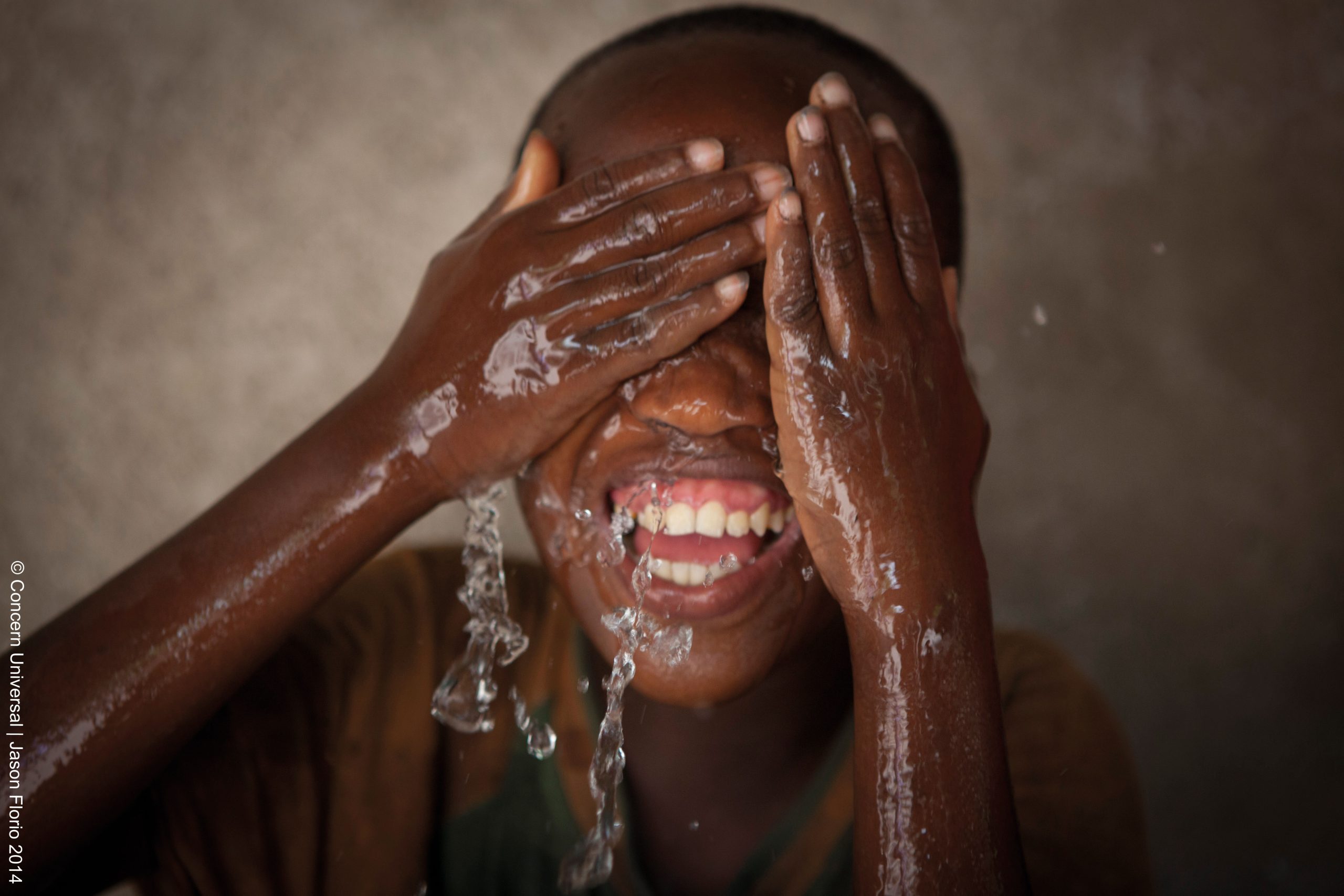
Self Help Africa’s merger with United Purpose brought a large standalone WASH portfolio of work, as well as multi-sectoral programmes with a WASH focus.
Our development-focused WASH interventions are happening across our countries of focus in Africa, as well as in Bangladesh and Brazil – in communities, schools and healthcare facilities. We also support governments and authorities to strengthen their countries’ WASH systems and help develop markets for WASH products and services, to make it easier for people to access what they need to maintain good hygiene and water practices.
Sustainability is at the heart of our WASH work. We train and equip service providers, whether they are community-based or private, to manage their water services and make sure they can access ongoing support.
WASH work in action
Sustainability is at the heart of our WASH work. We train and equip service providers, whether they are community-based or private, to manage their water services and make sure they can access ongoing support.
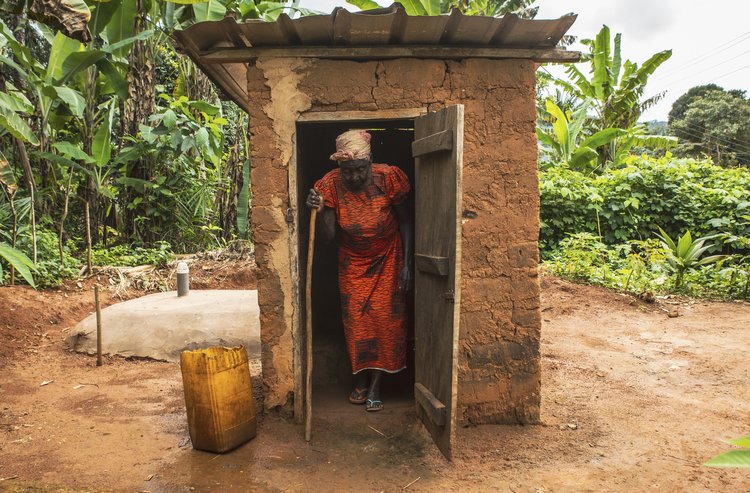
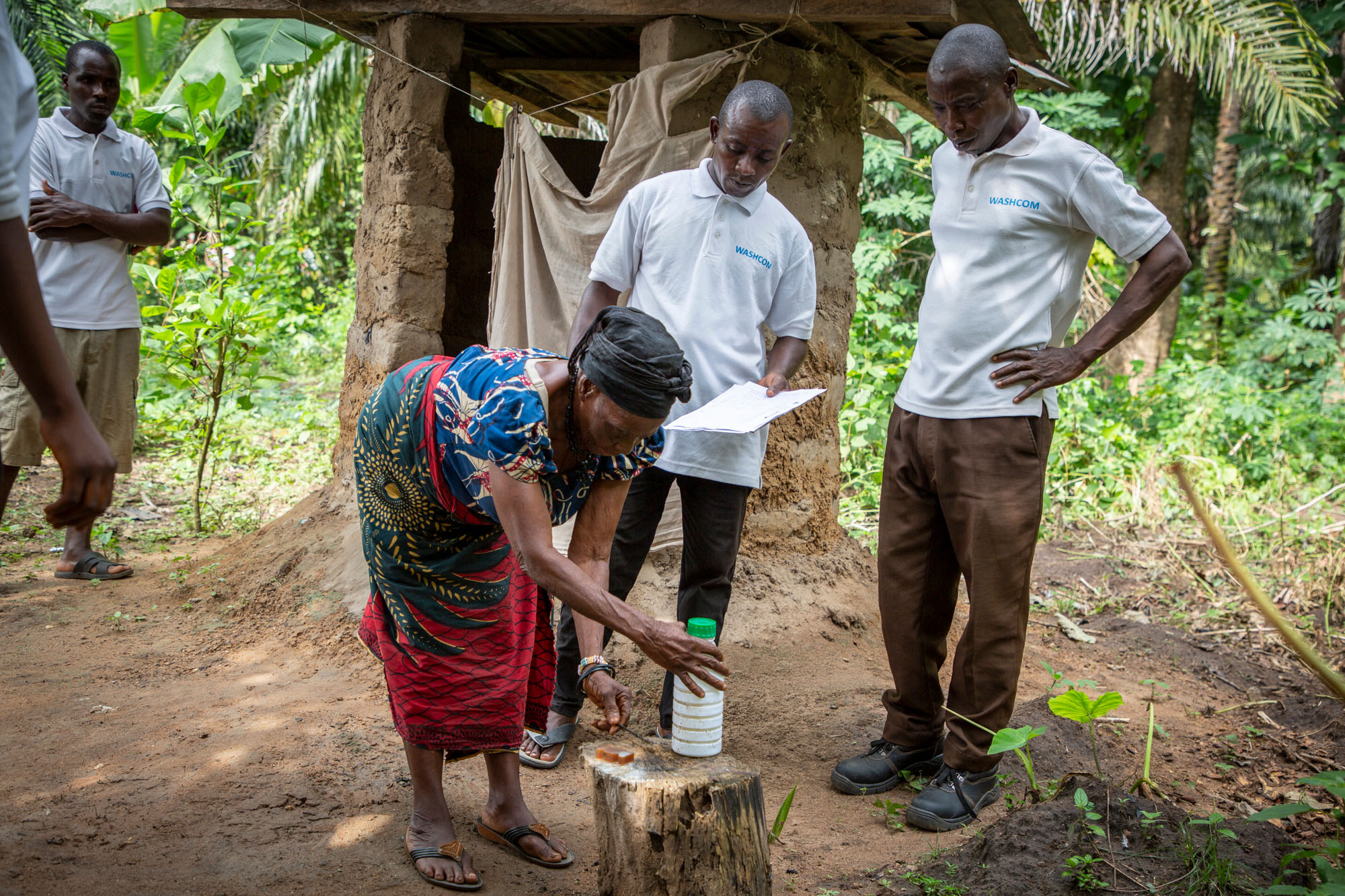
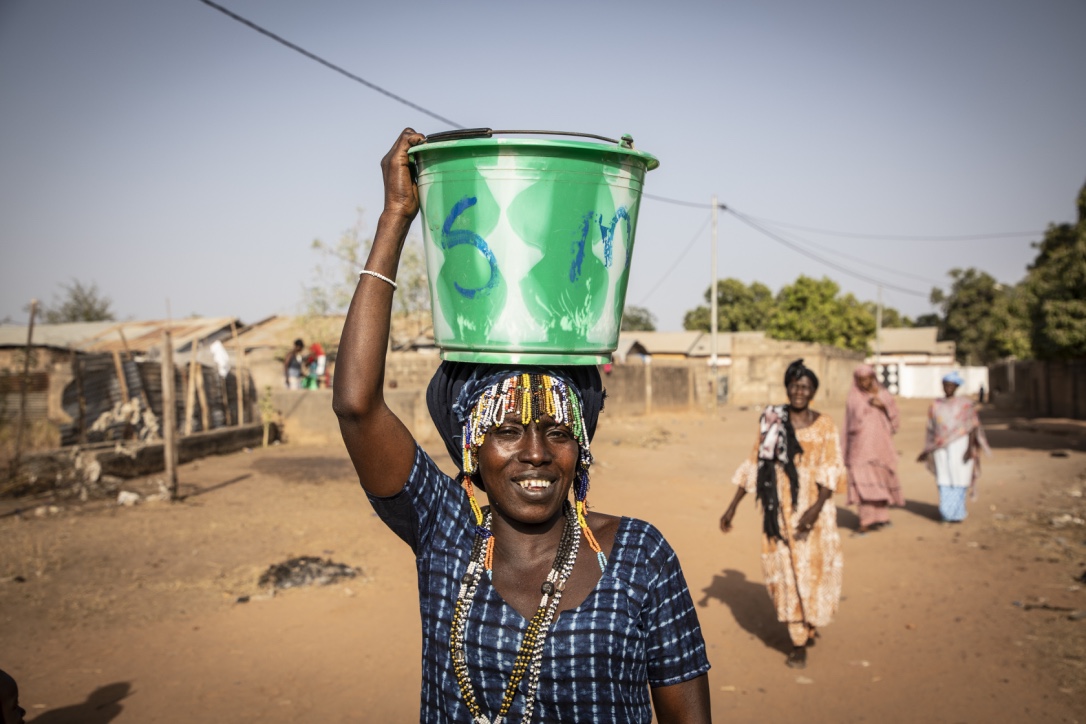
Changing behaviours through innovative and gender-focused approaches
To date, more than one million toilets have been constructed through people-centred approaches to WASH behaviour change. Our ‘community led total sanitation’ approach aims to ignite a change in sanitation behaviour by supporting communities to identify and solve their own sanitation problems.
In Nigeria, our long-term support to the Government’s open defecation free (ODF) strategy has benefited at least 1.7 million people and led to the first Local Government Area in the country becoming ODF. We take a creative approach to behaviour change communication, using sports, music and information and communication technology to convey messages. And we place a strong focus on gender in our WASH work. We’ve improved gender-friendly WASH facilities in schools, and our work on tackling taboos and practices in menstrual hygiene management, through local sanitary pad manufacture, behaviour change work and community dialogue, has benefitted thousands of women and girls.
Strengthening the WASH ‘system’ for area-wide improvements
Strong relationships with local governments enable us to identify systemic barriers to sustainable, inclusive, area-wide WASH services, and overcome these issues.In Nigeria and Malawi, we have supported local authorities to develop strategic district wide WASH plans, and advocate budget allocation against these. Meanwhile, in Mozambique,United Purpose has been the NGO partner in Government-led, donor-funded WASH programmes, where we provide technical support, quality assurance and oversight to donors and the Government.
- We have more than 120 staff working on WASH- related programming across our programmes
- To date, we have supported the construction or rehabilitation of approximately 18,350 water points, increasing access to safe water for more than 5.3 million people.
- We have supported the construction of more than 1 million toilets.
- 2,500 schools have access to safe water
Increasing inclusion and social accountability in WASH service delivery
In many countries, there are considerable inequalities in accessing WASH services. We address these in our community level work and through broader WASH systems strengthening. Upholding rights and social accountability are also core elements of our global programming. We work with communities to enable them to articulate their rights and concerns on WASH, and we build processes that hold government and WASH service providers to account.
How Women's Business Centres are transforming lives in Bangladesh
It’s looking increasingly unlikely that the world’s leaders will realise their commitment to end poverty by 2030. The COVID-19 pandemic dealt the biggest setback to global poverty- reduction efforts in decades, with the war in Ukraine only worsening the situation.
In Bangladesh, the country has made huge strides in reducing poverty during the past few decades. Nonetheless, around 20 percent of the population still lives on less than $1.90 a day. A low-lying country with rich agricultural heritage, Bangladesh is also particularly vulnerable to the impacts of climate change and natural disasters.
As is often the case, women are among the worst affected. To change this, and to help Bangladesh’s women farmers increase their self autonomy, since 2016 we have supported the establishment of grassroot hubs known as ‘Women’s Business Centres’.
Funded by Coca Cola and the German development agency GIZ, they offer a women-led social enterprise model for sustainable development that drives their own agenda for safe food, healthy living and a sustainable planet.
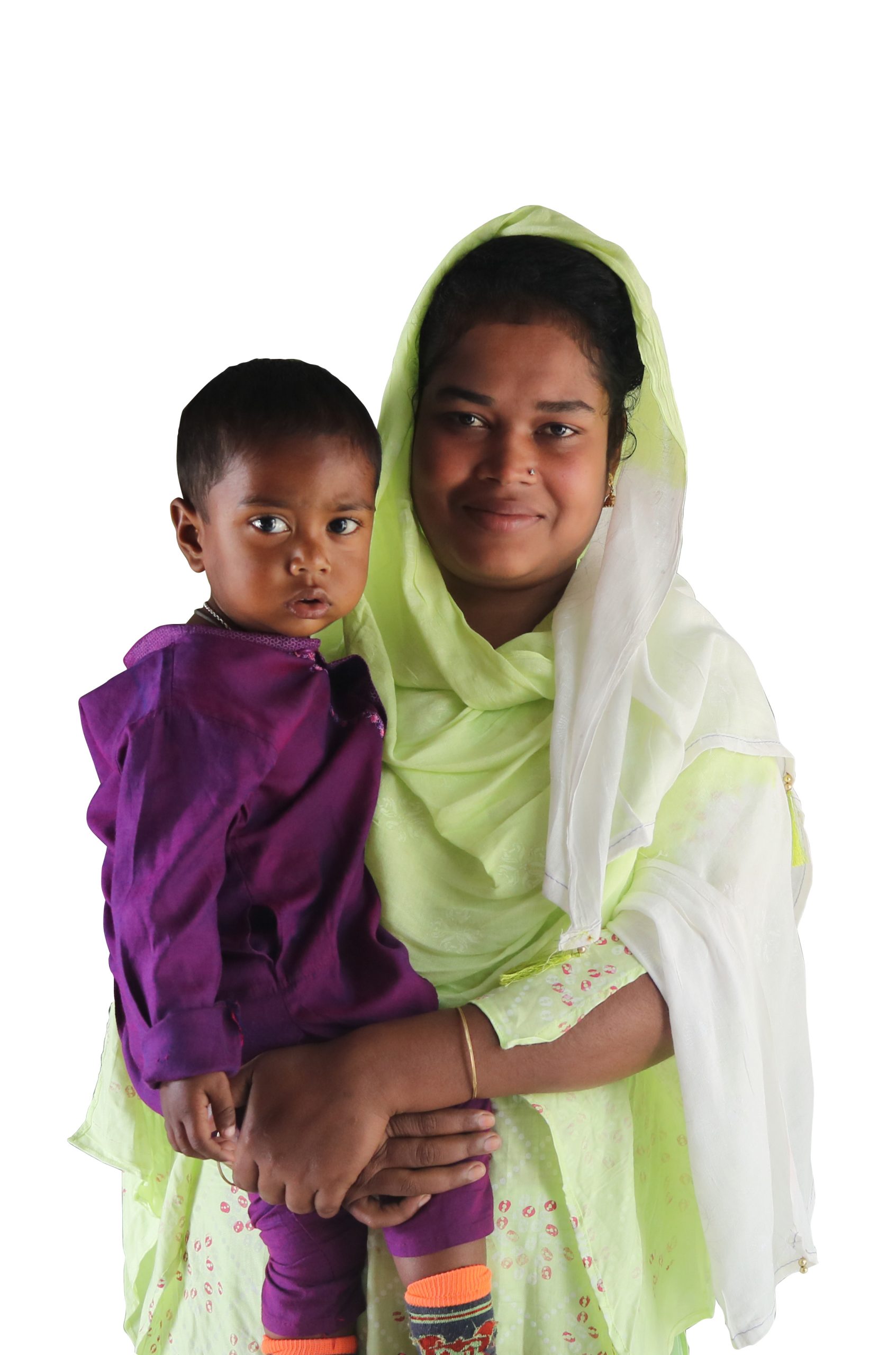

Building safe spaces for collaboration and networking
Having started with a pilot of 10 Women’s Business Centres across the country, seven years later there are more than 450, reaching approximately 450,000 women producers across more than 10 districts and serving a population of approximately 2.5 million people.
These entrepreneurs work across a range of value chains, from local poultry and organic vegetables to traditional handicrafts and green energy solutions. Together, they are now building strong customer relationships and markets, improving the quality of products they produce by promoting traditional and innovative practices, ensuring regular supply and fair wages for producers, improving price points for local products and building product traceability.
And it’s not just about business growth. During the COVID-19 pandemic, the WBCs became crucial sources of information about the virus as well as places where people could buy masks and soap made by local business women amid shrinking global supply chains. Telemedicine apps introduced to increase rural women’s access to healthcare were also rolled out through these centres, with extra support to use them where literacy was proving a barrier to uptake.
Our business centres provide a safe place for women to gather, learn and collaborate. The more producers engage with their local Women’s Business Centres to sell their products, the greater the customer base for other producers and entrepreneurs.
The centres recruit new members through social marketing outreach, skills training, and savings programmes to build local investment capital and act as an incubator for women looking to start or expand their businesses.
Building on success in Bangladesh and beyond
Following the centres’ success in Bangladesh, we are piloting their roll out in Kenya, Malawi and Nigeria with the focus and services they provide varying based on national and community needs.
In Kenya, for example, Self Help Africa currently supports a dairy project that involves working with cooperatives to strengthen supply chains for quality milk by increasing the nutritional intake of the animals.
In Nigeria and Malawi, meanwhile, our focus will be on health and wellbeing promotion, including promoting access to locally-produced sanitary products, to support existing local health systems.
The continued success of these centres demonstrates the importance of resilient local circular economies as a platform for community development.
450 centres reach approximately 450,000 women producers and serve a population of approximately 2.5 million people.
Women's Business Centres
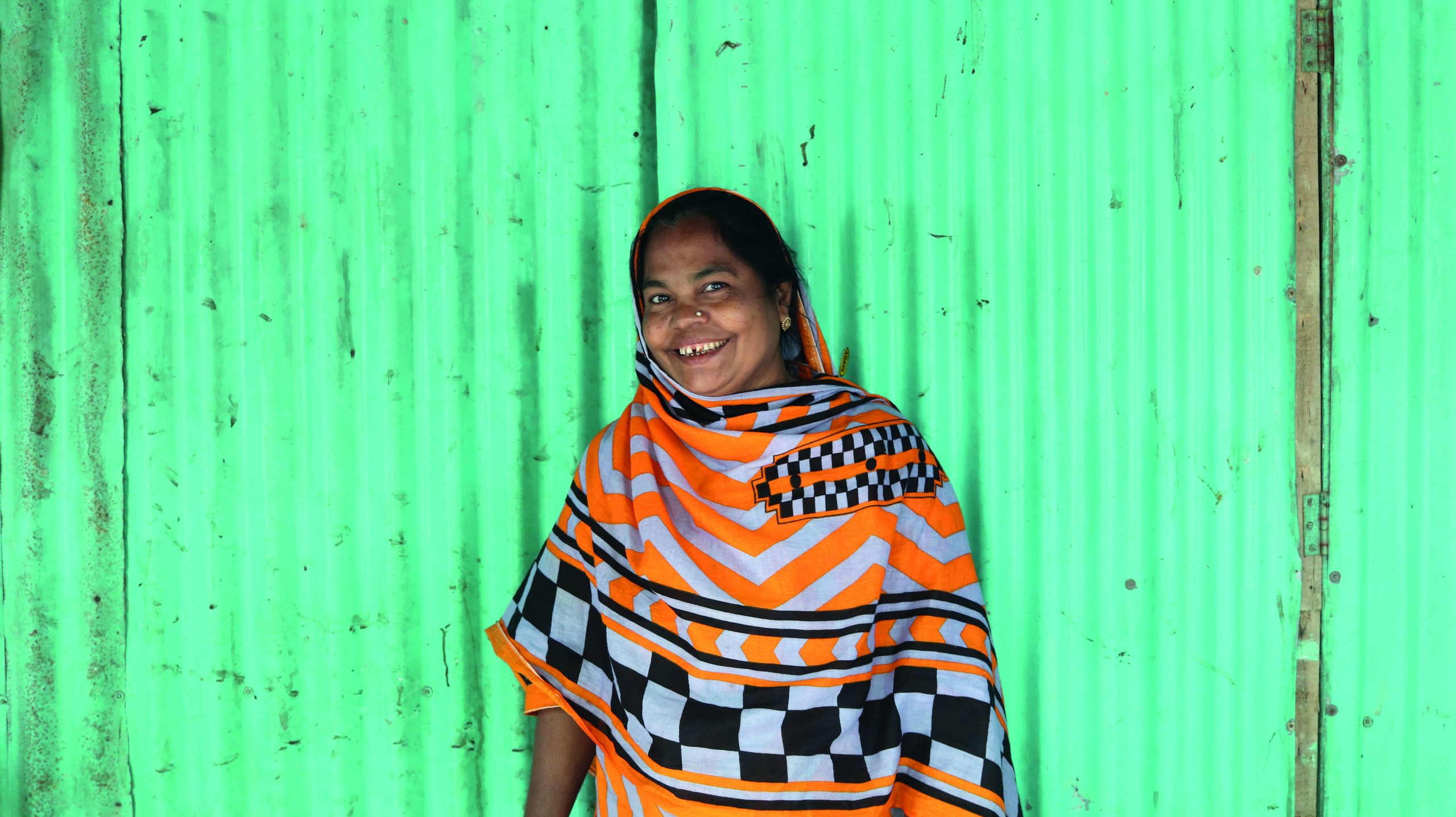
Among the many projects running within these countries is a network of more than 450 Women’s Business Centres across Bangladesh, which is helping more than 450,000 women producers gain control and agency over their lives. Their focus on providing Bengali women entrepreneurs who have businesses and visions for growth with the training, products and services they need to thrive sets the centres apart and has driven their success in recent years.
In fact, the approach has proved so successful we are planning to pilot the roll out of the women’s business centre model in Kenya, Malawi and Nigeria with their structures, products and service offerings varying widely based on market demand and the leadership of women entrepreneurs.
Bridging the Gap
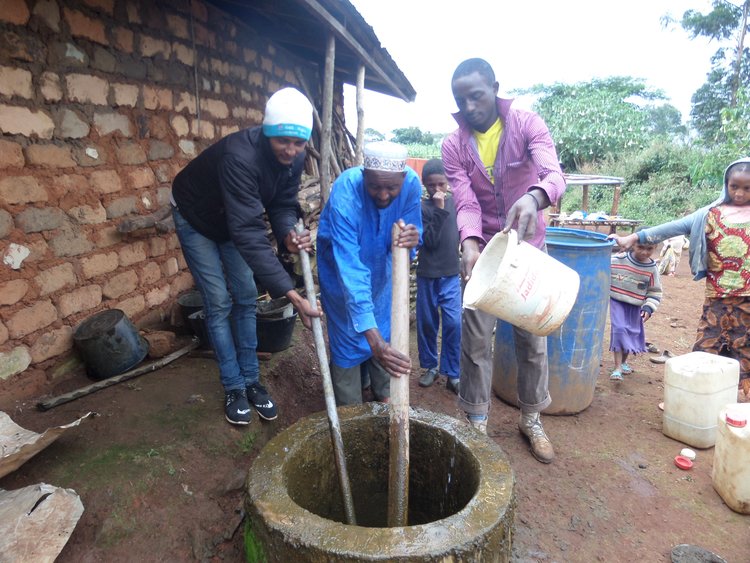
Mangrove Forests
